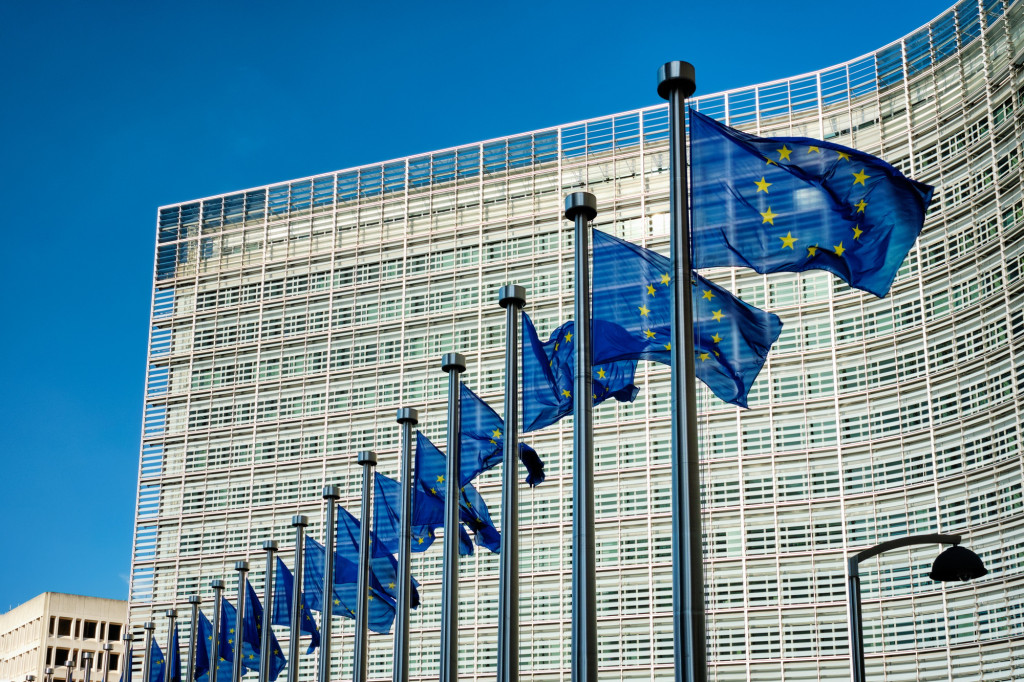European Media Freedom Act enters into application across the EU to strengthen press independence and pluralism
On 8 August 2025, the European Media Freedom Act (EMFA) entered into application across the European Union, introducing a uniform legal framework to strengthen media independence, protect journalists, and promote pluralism. The regulation establishes new safeguards for editorial freedom, transparency in media ownership, and protection against unwarranted content removal by large online platforms.

The European Media Freedom Act, first proposed in September 2022, now applies across all EU Member States. It is designed to enhance the integrity of the internal market by protecting media pluralism and independence. The law requires Member States to respect the editorial freedom of media service providers and to ensure the independent functioning of public service media, backed by adequate and predictable funding. It also introduces protections for journalistic sources, including measures against the use of spyware.
The EMFA imposes obligations on media service providers to disclose key ownership and contact details, increases transparency in state advertising allocations, and mandates audience measurement standards to limit bias in market data. Very Large Online Platforms, as defined under the Digital Services Act, are prohibited from unjustified removal of professional media content. The act also requires Member States to assess the impact of significant media market changes on pluralism and editorial independence.
A new European Board for Media Services will coordinate national media regulators and monitor cross-border issues. Remaining provisions—such as users’ rights to customise media offerings on devices and control access—will come into force on 8 May 2027.
The EMFA complements existing EU initiatives, including the Directive against Strategic Lawsuits against Public Participation (SLAPP), the European Democracy Action Plan, and funding programmes under Creative Europe. These measures aim to address threats to media freedom, support journalists under pressure, and promote transparency in media markets.
Why does it matter?
Media freedom and pluralism are central to democracy, enabling informed public debate and holding power to account. By introducing harmonised safeguards, the EMFA addresses challenges such as political interference, opaque ownership structures, and undue economic pressures on media outlets. It offers stronger protection for journalists, ensures greater transparency for citizens, and sets a common standard across the EU for a free and independent press. This framework aims to foster a resilient media environment that can operate without undue influence, supporting democratic stability across Europe.


